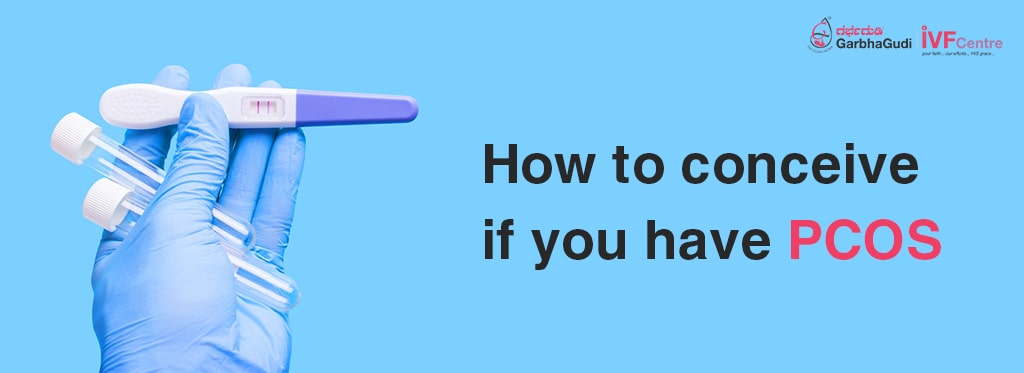How to conceive if you have PCOS

PCOS
One of the most common reasons a woman has trouble getting pregnant is from a condition called polycystic ovary syndrome (PCOS).It’s a hormone problem that interferes with the reproductive system and causes a woman’s body to produce higher-than-normal levels of androgens which are usually thought of as male hormones. High levels of androgens interfere with the development and the regular release of your eggs. This process is called ovulation. If a healthy egg isn’t released, it can’t be fertilized by sperm, meaning you can’t get pregnant. PCOS can cause you to miss your menstrual period or have irregular periods and this can be one of the first signs that you may have a problem such as PCOS. If you have PCOS and you want to get pregnant, you can consult us and we can help.
How to conceive if you have PCOS
There are several options to help your chances of getting pregnant if you have PCOS. Here are some.
Losing weight: If you are overweight, losing weight through healthy eating and regular physical activity can help make your menstrual cycle more regular and improve your fertility.
Medicine: After ruling out other causes of infertility in you and your partner, we might prescribe medicine to help you ovulate.
Surgery: Surgery is also an option if the other options do not work. The outer shell (called the cortex) of the ovaries is thickened in women with PCOS and prevents spontaneous ovulation. Ovarian drilling is a surgery in which the doctor makes a few holes in the surface of your ovary using lasers or a fine needle heated with electricity. Surgery usually restores ovulation, but only for 6 to 8 months.
Assisted Reproductive Technology (ART): In vitro fertilization or IVF may be an option if medicine does not work. In IVF, your egg is fertilized with your partner’s sperm in a laboratory and then placed in your uterus to implant and develop. Compared to medicine alone, IVF has higher pregnancy rates.